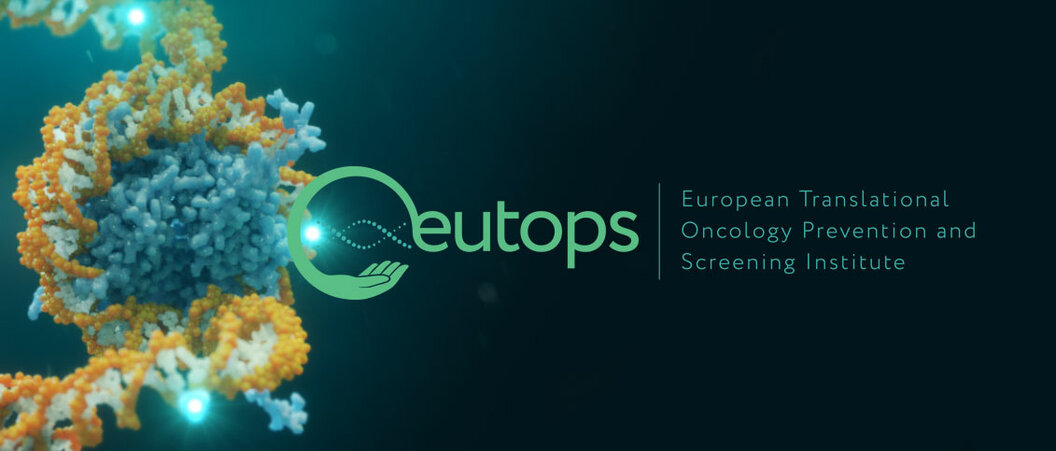A new publication from the EUTOPS team describes the high sensitivity and specificity of the WID-qEC irrespective of sample collection device and medium, sample collector and precise sampling site.
Subjective diagnostic tests with modest accuracy, such as cytology or ultrasound, are currently used to assess the likelihood of uterine cancer in women with abnormal bleeding. The new data published in International Journal of Cancer in May 2024 show that the high sensitivity and specificity of the WID-qEC test in detecting uterine cancers in symptomatic women (Evans et al, 2023; Schreiberhuber et al, 2022) is irrespective of the sample collection device and medium, sample collector and precise sampling site. Furthermore, the results demonstrate the compatibility of the WID-qEC test used with the Copan sampling system with established diagnostic laboratory workflows, confirming the robustness and clinical potential of the WID-qEC test.



